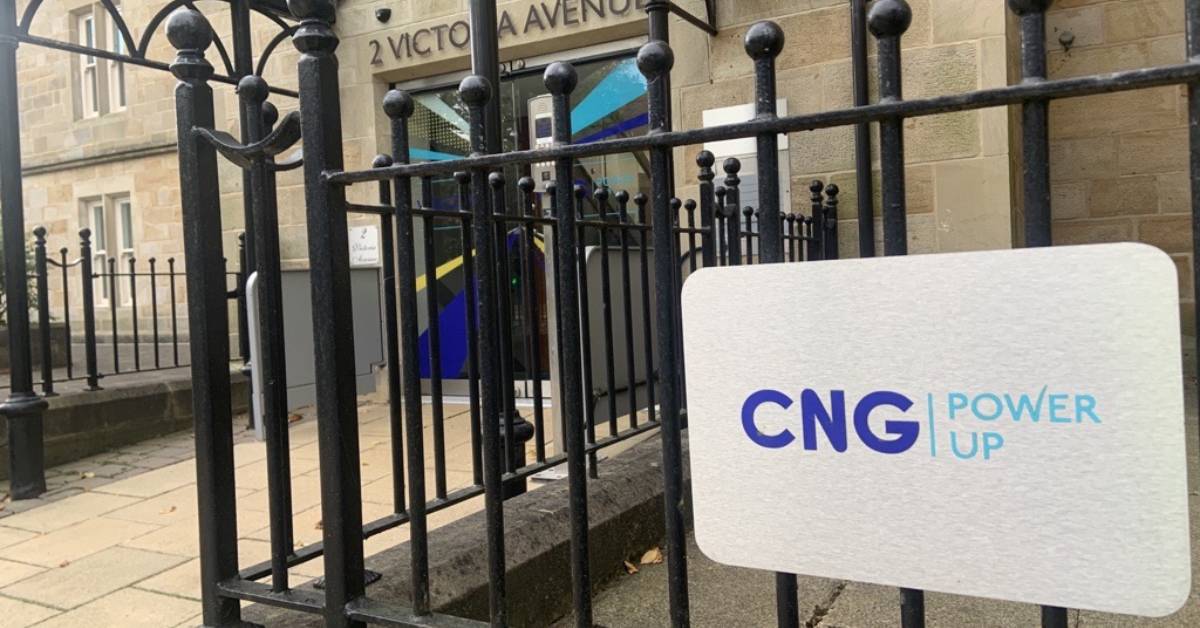The state of CNG Energy’s finances has been revealed after its administrators published its first report into the company.
The Harrogate-based company, which had offices on Victoria Avenue, fell victim to spiralling wholesale gas and electricity prices and went out of business last year.
A report published by Interpath Advisory, the administrators appointed to take charge of the company, has revealed CNG owes £3.6 million to HMRC and other “secondary preferential creditors”.
Although the administration process is still in the early stages, the report says it expects to pay “a dividend” to those creditors.
The report says:
“Based on current estimates, we anticipate that secondary preferential creditors should receive a dividend.
“We have yet to determine the timing and quantum, but we will do so when we have completed the realisation of assets and the payment of associated costs.”
The company also owes more than £4 million to trade creditors and £6 million to consumer creditors.
London-based IT consultancy firm Gentrack UK Ltd is owed £450,759 and is among the highest creditors in the report.
Read more:
- In Depth: Why Harrogate success story CNG ended in collapse
- Harrogate energy firm CNG ceases trading
Meanwhile, the company has also made all but 21 employees redundant. CNG employed around 145 staff in Harrogate.
Staff still working are currently assisting with the transition of customers over to new suppliers.
Company was operating on ‘thin margins’
Administrators also found that the company had been experiencing financial difficulty for some time due to “significant cash flow pressures primarily caused by sharp price increases in wholesale gas prices and the general volatility in the energy market”.
The company was already operating on “thin margins” prior to the covid pandemic and had taken out a secured loan of £35 million from Glencore, a multi-national oil and gas firm.
However, the failure of a number of key customers and spiralling wholesale costs left the company unable to finance itself. The report says:
“In the absence of the financial and operational support of CNG Wholesale and other group entities, the company did not have the financial resources required to operate as a standalone business or bear the £35 million loan that was due to Glencore.
“As a result, the directors and Glencore began to explore ways to facilitate an orderly exit from the market.”



